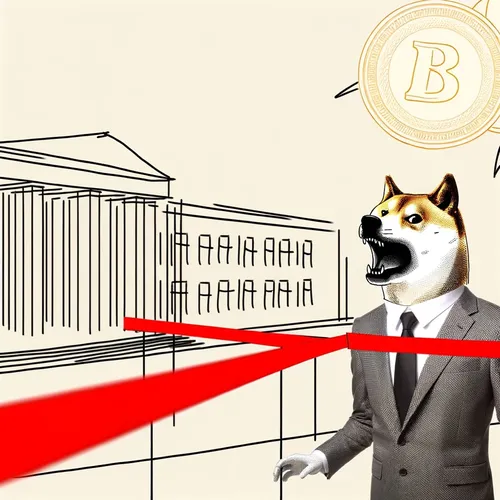DOGE Reforms Federal Spending: Elon Musk Leads Sweeping Government Efficiency Drive Under Trump Administration
- Author
- Quiet. Please
- Published
- Tue 15 Apr 2025
- Episode Link
- https://www.spreaker.com/episode/doge-reforms-federal-spending-elon-musk-leads-sweeping-government-efficiency-drive-under-trump-administration--65583940
The Department of Government Efficiency (DOGE), established in January 2025 under President Donald Trump, is generating ripples across the federal bureaucracy. Marketed as a bold initiative to slash government waste, simplify operations, and cut expenditures, DOGE has become both a lightning rod for controversy and a symbol of sweeping reform.
Led by Elon Musk as Senior Advisor to the President, the initiative gained momentum with a series of executive orders targeting inefficiencies. Musk and his team, described as bringing “a chainsaw” to bureaucracy, have spearheaded an effort to dismantle redundant agencies and terminate unnecessary contracts. Since its inception, DOGE has been credited with ending hundreds of contracts, saving millions. For instance, recent updates from the DOGE team revealed the cancellation of deals valued at more than $1 billion within weeks, including projects deemed as frivolous, such as consulting fees for facilitating meetings and developing lighting schemes.
At its core, DOGE's mission includes implementing enhanced review systems to justify and document federal spending, a move intended to increase transparency and accountability. The restructuring has already resulted in significant reductions in federal workforce size and operational scopes, especially in targeted agencies like the U.S. Agency for International Development (USAID) and Department of Education. Moreover, DOGE has begun deactivating hundreds of thousands of unused government credit cards, a symbolic step in curbing low-level spending inefficiencies.
Still, critics argue that the initiative reflects ideological motives as much as financial prudence. Detractors highlight the simultaneous elimination of climate research programs and diversity initiatives, questioning whether DOGE’s overarching aim prioritizes efficiency or political agendas. Judicial concerns have also been raised regarding DOGE’s immense authority, enabled by access to payment systems and sensitive data across agencies. Some worry about the potential erosion of federal oversight functions if watchdog roles are weakened.
While supporters tout DOGE as a revolutionary cost-cutting success, skeptics remain cautious, viewing its goals with a mix of optimism and skepticism. Strikingly, whether the “barking mad” approach of DOGE achieves sustained results or leaves chaos in its wake is a question many Americans will be watching closely. For now, DOGE represents a dramatic experiment in governance, altering the face of federal operations.
